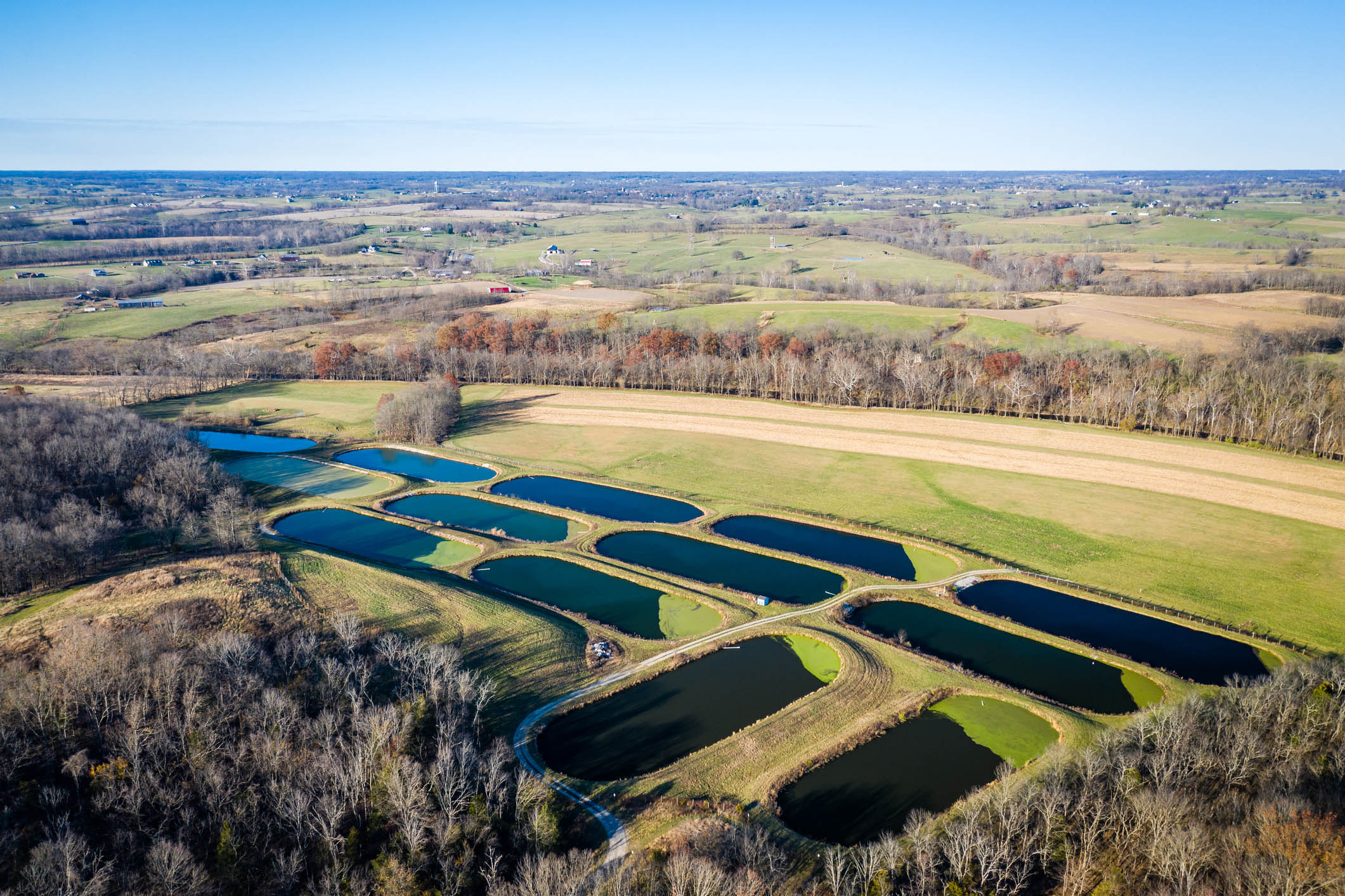Study examines link between water quality, economic development
Study examines link between water quality, economic development

LEXINGTON, Ky., — Kentucky’s water and wastewater systems are aging and a lack of funding in some areas has contributed to systems not being able to maintain standards necessary for good health. The University of Kentucky’s Community and Economic Development Initiative of Kentucky is teaming with Communities Unlimited in Arkansas and the Urban Institute on a three-year study – the first nationally -- to analyze the role of site-specific water and wastewater infrastructure quality, capacity and noncompliance on rural economic development and growth.
Funded through a rural economic development award from the National Institute of Food and Agriculture, the project is led by Alison Davis, UK agricultural economics professor and CEDIK director, Ines Polonius, Communities Unlimited CEO, and Corianne Scally, a principal research associate at the Urban Institute. Aside from data collection and analysis, the team also intends to provide resources and educational training to water and wastewater operators, their boards, and local economic development professionals and to promote better local, state and federal decision-making.
“This project is designed to better understand the repercussions of poorly managed or under-resourced water quality and wastewater. We’ll look at how it affects economic development and population trends,” said Davis, a faculty member in the UK College of Agriculture, Food and Environment.
The American Society of Civil Engineers reports that the average age of wastewater treatment facilities in Kentucky is 36 years old, with some pipes more than 70 years old. In 17 Kentucky communities, sewer pipes convey not only domestic and industrial wastewater, but also rainwater runoff. Large rain events can exceed a system’s capacity, causing overflows and sending raw sewage into nearby streams, rivers and lakes.
According to the U.S. Environmental Protection Agency’s latest report, Kentucky has the greatest need for improvement in the areas of drinking water distribution and treatment. An aging workforce and operators leaving for other job opportunities have reduced the number of experienced, licensed operators for the state’s 435 public water systems. Funding is also an issue, with some systems disinclined to raise rates to cover capital investments to maintain and replace aging infrastructure.
Davis explained that situations in many rural communities can be vicious cycles, with the result being that communities with poor infrastructure start to lose people and industry. That decreases the tax base, which makes it harder to maintain or upgrade the infrastructure.
“Our best example in Kentucky is in Martin County,” Davis said. “Martin County’s future vibrancy remains in jeopardy when they have faced such challenging issues. It could be very challenging to attract new industry or to convince existing industry or residents to stay, if they can’t get their basic needs met.”
The regional study is an integrated research and engagement project. The researchers will use information gathered by the U. S. Census Bureau’s Research Data Centers, one of which resides at the University of Kentucky, to better understand water system violations and how that affects in-migration and out-migration of both population and industry. The team will conduct case studies in communities that have known issues to see how the community has tried to respond and what some of the long-term consequences are.
Stakeholders include technical assistance providers that build the technical, financial and managerial capacity of water and wastewater system operators, the system operators and their boards, Cooperative Extension agents, economic development professionals and rural communities.
Team members will offer training and educational opportunities for economic developers to help them see the linkage between infrastructure and a healthy economy in the hopes that they will see the importance of investing in infrastructure. Another significant part of the outreach will be with water system operators and the water boards that run those systems.
“Increasing water rates is not popular in rural communities that are already under-resourced. It’s not popular anywhere, but it’s really not popular in areas where they are already facing higher levels of poverty,” Davis said. “Somehow, this infrastructure needs additional investment. We have to upgrade, and we have to maintain. Our water boards aren’t always in a position to fully understand the repercussions of poorly resourced systems.”
Communities Unlimited and their umbrella organization RCAP, Rural Community Assistance Partnership, offers technical assistance to providers for water and wastewater in rural areas.
“Our hope is to give them the tools and the evidence they need to go into the field to help these waste and water systems make the very best decisions that they can,” Davis said. “Industries have so many places they can go, and if you don’t have an updated system, you’re immediately off the list.”
Information on understanding water systems can be found at http://www2.ca.uky.edu/agcomm/pubs/ip/ip1s/ip1s.pdf.
Community & Leadership Development Agricultural Economics Extension Research

